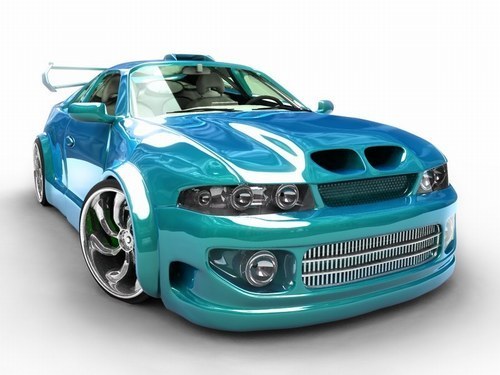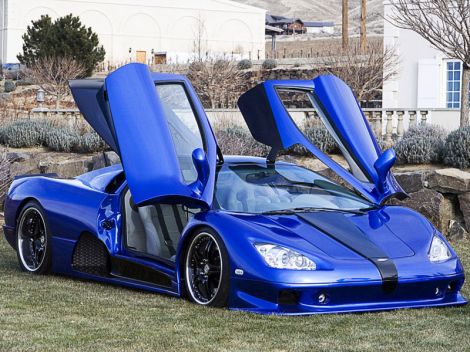|
|
|---|
Wednesday, January 9, 2008
Labels: RENAULT
Wednesday, January 2, 2008
Privacy Policy for http://carrinamanuall.blogspot.com/
If you require any more information or have any questions about our privacy policy, please feel free to contact us by email at rinasiwalan@gmail.com.
At http://carrinamanuall.blogspot.com/, the privacy of our visitors is of extreme importance to us. This privacy policy document outlines the types of personal information is received and collected by http://carrinamanuall.blogspot.com/ and how it is used.
Log Files
Like many other Web sites, http://carrinamanuall.blogspot.com/ makes use of log files. The information inside the log files includes internet protocol ( IP ) addresses, type of browser, Internet Service Provider ( ISP ), date/time stamp, referring/exit pages, and number of clicks to analyze trends, administer the site, track user’s movement around the site, and gather demographic information. IP addresses, and other such information are not linked to any information that is personally identifiable.
Cookies and Web Beacons
http://carrinamanuall.blogspot.com/ does use cookies to store information about visitors preferences, record user-specific information on which pages the user access or visit, customize Web page content based on visitors browser type or other information that the visitor sends via their browser.
DoubleClick DART Cookie
.:: Google, as a third party vendor, uses cookies to serve ads on http://carrinamanuall.blogspot.com/.
.:: Google's use of the DART cookie enables it to serve ads to users based on their visit to http://carrinamanuall.blogspot.com/ and other sites on the Internet.
.:: Users may opt out of the use of the DART cookie by visiting the Google ad and content network privacy policy at the following URL - http://www.google.com/privacy_ads.html
Some of our advertising partners may use cookies and web beacons on our site. Our advertising partners include ....
Google Adsense
Commission Junction
Widget Bucks
Adbrite
Clickbank
Azoogle
Chitika
Linkshare
Amazon
Kontera
These third-party ad servers or ad networks use technology to the advertisements and links that appear on http://carrinamanuall.blogspot.com/ send directly to your browsers. They automatically receive your IP address when this occurs. Other technologies ( such as cookies, JavaScript, or Web Beacons ) may also be used by the third-party ad networks to measure the effectiveness of their advertisements and / or to personalize the advertising content that you see.
http://carrinamanuall.blogspot.com/ has no access to or control over these cookies that are used by third-party advertisers.
You should consult the respective privacy policies of these third-party ad servers for more detailed information on their practices as well as for instructions about how to opt-out of certain practices. http://carrinamanuall.blogspot.com/'s privacy policy does not apply to, and we cannot control the activities of, such other advertisers or web sites.
If you wish to disable cookies, you may do so through your individual browser options. More detailed information about cookie management with specific web browsers can be found at the browsers' respective websites.
Labels: Privacy Policy
Tuesday, January 1, 2008
What Are the Pros and Cons?Air pollution. Vehicles that run on pure hydrogen are true zero-emission vehicles. Some vehicle manufactures, however, are developing fuel-cell vehicles that can run on hydrocarbons, such as methanol (a liquid fuel derived most commonly from natural gas) or gasoline. Using hydrocarbons to operate fuel-cell vehicles would result in tailpipe air pollutant emissions, reducing fuel cells' overall environmental benefits.
Global-warming pollution. Run on pure hydrogen, fuel cells consume no fossil fuels and emit no heat-trapping gases (which contribute to global warming). However, it is extremely important to factor in any global warming emissions associated with the production of hydrogen. Pure hydrogen gas does not occur in nature in concentrated amounts, meaning that hydrogen must be produced. A number of various technologies exist to extract hydrogen from sources such as water, natural gas, coal, and biomass, among others. The different hydrogen sources and production methods determine the amount of heat-trapping gases and other environmental issues associated with hydrogen production. Advances in hydrogen production are needed to minimize and eliminate global warming emissions. Research needs to continue on producing hydrogen from renewable resources, including wind and solar power and more advanced technologies.
Cost. Today's fuel-cell vehicles are mostly produced as prototypes or in very small quantities. As mass production often correllates to cost competitiveness, current costs are quite high. But the interest of automakers worldwide in developing these vehicles signals their belief that fuel cells will be competitive with conventional-technology vehicles. Increasing experience with advanced hybrid-electric vehicle technology and production will help lower the cost of future fuel-cell vehicles. Hybrid-electric vehicles use electric motors and advanced battery technology, both of which will be beneficial in fuel-cell vehicle development.
Performance and range. As with other electric-drive vehicles, fuel-cell cars are quiet, smooth, and fun to drive. A remaining challenge for fuel-cell vehicle developers is storing hydrogen onboard the vehicle. Because hydrogen is a gas, as opposed to a liquid fuel, a larger volume of it is needed to travel the same distance as with a tank of gasoline. A number of hydrogen storage technologies are being pursued to provide fuel-cell vehicles with a driving range equivalent to today's cars.
Labels: fuel cell cars





















